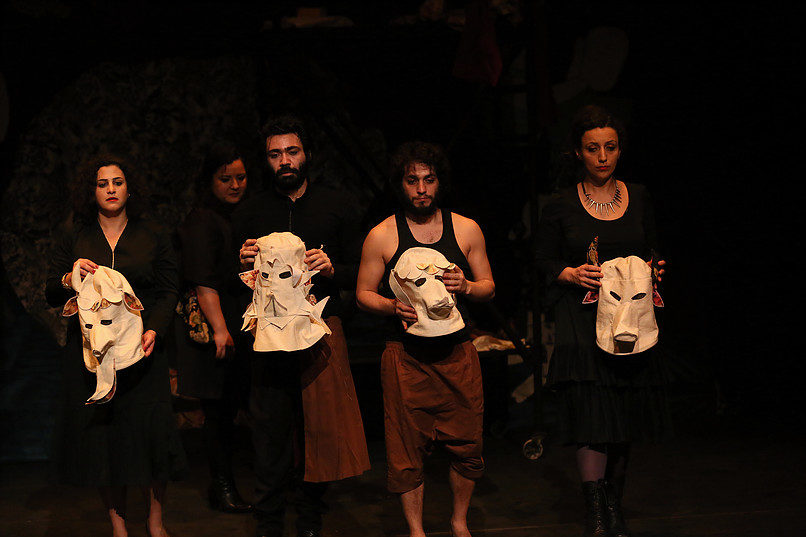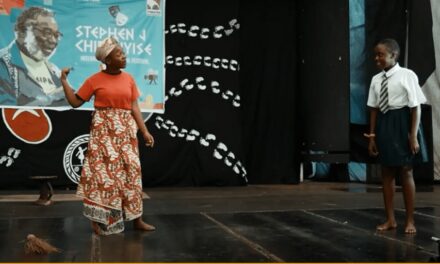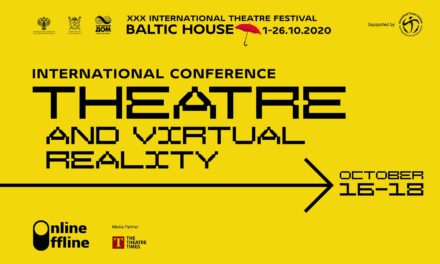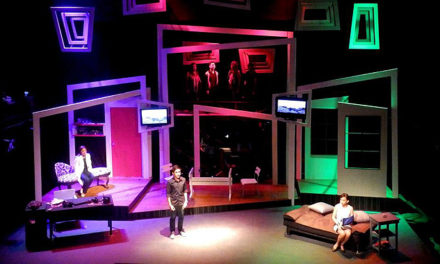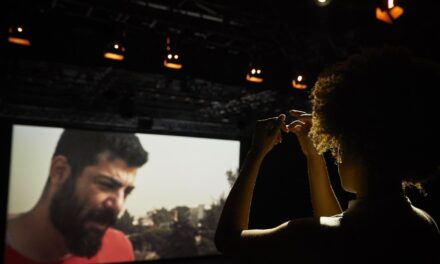The 23rd Cairo International Festival for Contemporary and Experimental Theatre kicked off on 20 September and wil run until 30 September.
The festival is one of two large-scale state-run festivals taking place in Egypt – with the second one being the Cairo International Film Festival – and is presided over by the former president of the Academy of Arts Sameh Mahran.
A total of 29 plays will be staged during the 10-day festival, 13 from Egypt, six from other Arab countries – Tunisia, Lebanon, the United Arab Emirates and Iraq – and 10 plays from Chile, Sweden, Armenia, the US, Russia, Moldova, Rwanda and Poland. The plays are to be staged at 10 theatres across Cairo: the Small Hall at the Cairo Opera House, the Artistic Creativity Centre, El-Hanager, El-Ghad, El-Taliaa, Metropole, Miami, Falaki, El-Gomhouria, and the Cairo Puppet Theatre.
In parallel to the performances that will run across several stages, the festival will also hold workshops conducted by Egyptian and international experts from countries such as Chile, the United States, Pakistan, and India, among others. The festival’s workshops and lectures will take place simultaneously at the Pyramisa Hotel and other theatre venues. Guests from the participating countries will be in attendance, including directors, actors and leaders of troupes and festivals. A discussion will be held after the first performance of each play.
The opening ceremony was attended by Sameh Mahran, the festival’s president (and former president of the Academy of Arts), Helmy Namnam, the Minister of Culture, as well as many renowned figures from Egypt’s theatre world. The opening also included a special segment honouring the international guests of honour and the performance from China.
Following its five-year hiatus, and within the idea of change and expansion, the festival returns under a new name, including a “contemporary” genre into its activities. “The contemporary and experimental might seem incompatible. The first reflects the time while the second term is more technical. But the idea of the festival is to highlight all the theatrical experiences that exist today,” the festival’s president Sameh Mahran stated during the press conference that preceded the opening ceremony.
Another new procedure is removing the competitive part from the festival. As such, running between 20 and 30 September, the festival becomes an artistic showcase of theatre from Egypt and the world. Mahran added that many of the international festivals, like Avignon Theatre Festival or The Carthage Theater Days do not have a competitive character. The ten-day-event will also become an opportunity for the theatre-makers to interact, develop contacts and get to know the practical particularities of their colleagues,” Mahran explained.
During the festival, a total of 30 plays will be staged. 17 of them are by Arab and international performers. It is definitely a smaller number of shows in comparison to the festival’s last edition that took place in 2010, which included over 40 international troupes.
“The selection committee watched 79 performances of foreign troupes and the selection was based on their originality and quality,” commented Essam El-Sayed, head of the selection committee.
During the ceremony, the festival’s president Sameh Mahran, and Minister of Culture Helmy Namnam, honoured the renowned guests of the festival: Gamil Rateb from Egypt, Torange Yeghiazarian from Iran/USA, Mumbi Kaigwa from Kenya, Femi Osofisan from Nigeria, Mohamed Saif Al Afkham from the United Arab Emirates and Lu Ang from China.
Finally, the ceremony concluded with the opening performance of Thunderstorm, from China.
This article was originally published on Ahram Online Arts and Culture Reposted with permission. Read the original article.
This post was written by the author in their personal capacity.The opinions expressed in this article are the author’s own and do not reflect the view of The Theatre Times, their staff or collaborators.
This post was written by May Sélim.
The views expressed here belong to the author and do not necessarily reflect our views and opinions.

